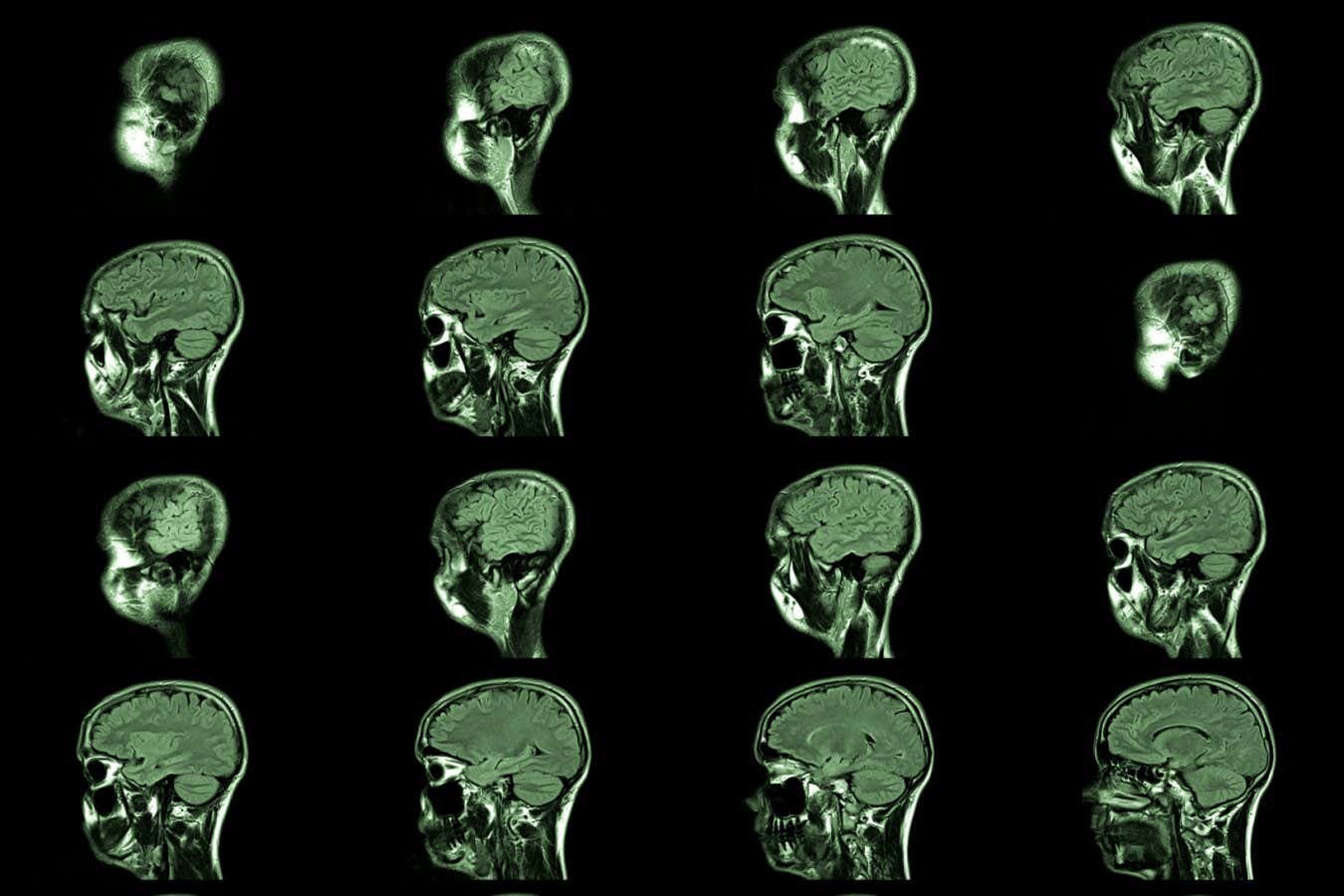The stereotype of a stoner – someone who uses large amounts of cannabis – is that they are forgetful and scatterbrained. However, the effects of cannabis on memory are more complex than this stereotype suggests.
Memory is a complex process, comprising long-term memory, short-term memory, and working memory – the ability to hold and manipulate information mentally. Cannabis is known to impair working memory, affecting our ability to do tasks such as mental maths and comprehend arguments while under the influence.
Acute cannabis use impacts working memory as the psychoactive compound in cannabis, tetrahydrocannabinol (THC), binds to CB1 receptors in the brain, which are important for memory. This binding process may disrupt the brain’s ability to store new information, leading to difficulty in later retrieval.
A study involving 15 participants found that they were about half as likely to recall words while intoxicated with THC compared to when sober. However, THC seems to interfere less with recalling established memories, as people on THC were found to be more accurate in recalling words memorized while sober than those learned under the influence of the drug.
Moreover, the presence of cannabidiol (CBD), another compound in cannabis, may limit THC’s memory-impairing effects. When THC was used in conjunction with CBD, participants showed similar accuracy in memory tests before and after cannabis use.
While the short-term effects of cannabis on memory are evident, the impact of prolonged cannabis use on memory is less clear. Long-term exposure to THC may degrade CB1 receptors, and frequent cannabis use, especially starting in adolescence, is associated with memory problems. However, these deficits may not be permanent. Studies have shown that memory significantly improves after abstaining from cannabis for a period, and the density of CB1 receptors in the brain returns to normal, leading to cognitive improvements.
Yet, recovery from memory impairments due to long-term cannabis use, especially for those who started in adolescence, requires further research. Studies have shown that increased brain activity associated with attention, memory, and planning in cannabis users may indicate harder mental effort to perform tasks correctly and irreversible changes when cannabis is used during brain development.
Insights
It is evident that cannabis, particularly its psychoactive component THC, has a significant impact on working memory, impairing our ability to store new information temporarily. However, the effects on long-term memory and the reversibility of memory impairments due to prolonged cannabis use, especially in adolescence, require further investigation.








